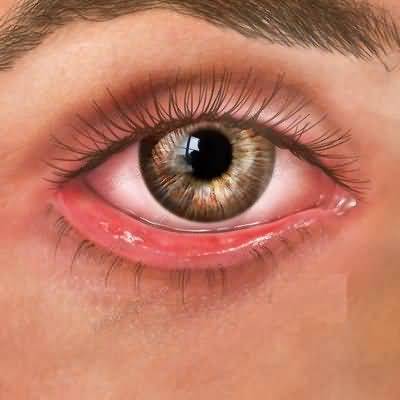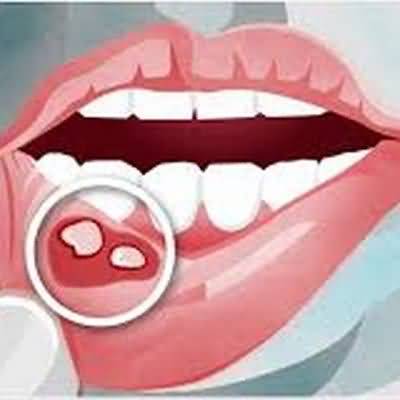Contusion injury of the eye
Contusion injury of the eye
(closed globe injury) and surrounding structures may cause ecchymosis (“black eye”), subconjunctival hemorrhage, edema of the cornea, hemorrhage into the anterior chamber (hyphema), rupture of the root of the iris (iridodialysis), paralysis of the pupillary sphincter, paralysis of the muscles of accommodation, cataract, dislocation of the lens, vitreous hemorrhage, retinal hemorrhage and edema (most common in the macular area), detachment of the retina, rupture of the choroid, fracture of the orbital floor (“blowout fracture”), or optic nerve injury
Many of these injuries are immediately obvious; others may not become apparent for days or weeks
The possibility of globe injury must always be considered in patients with facial injury, particularly if there is an orbital fracture
Patients with moderate to severe contusions should be seen by an ophthalmologist
Any injury causing hyphema involves the danger of secondary hemorrhage, which may cause intractable glaucoma with permanent visual loss
The patient should be advised to rest until complete resolution has occurred
Frequent ophthalmologic assessment is essential
Aspirin and any drugs inhibiting coagulation increase the risk of secondary hemorrhage and are to be avoided
Sickle cell anemia or trait adversely affects outcome
When to Refer
Patients with moderate or severe ocular contusion should be referred to an ophthalmologist, emergently if there is hyphema

















